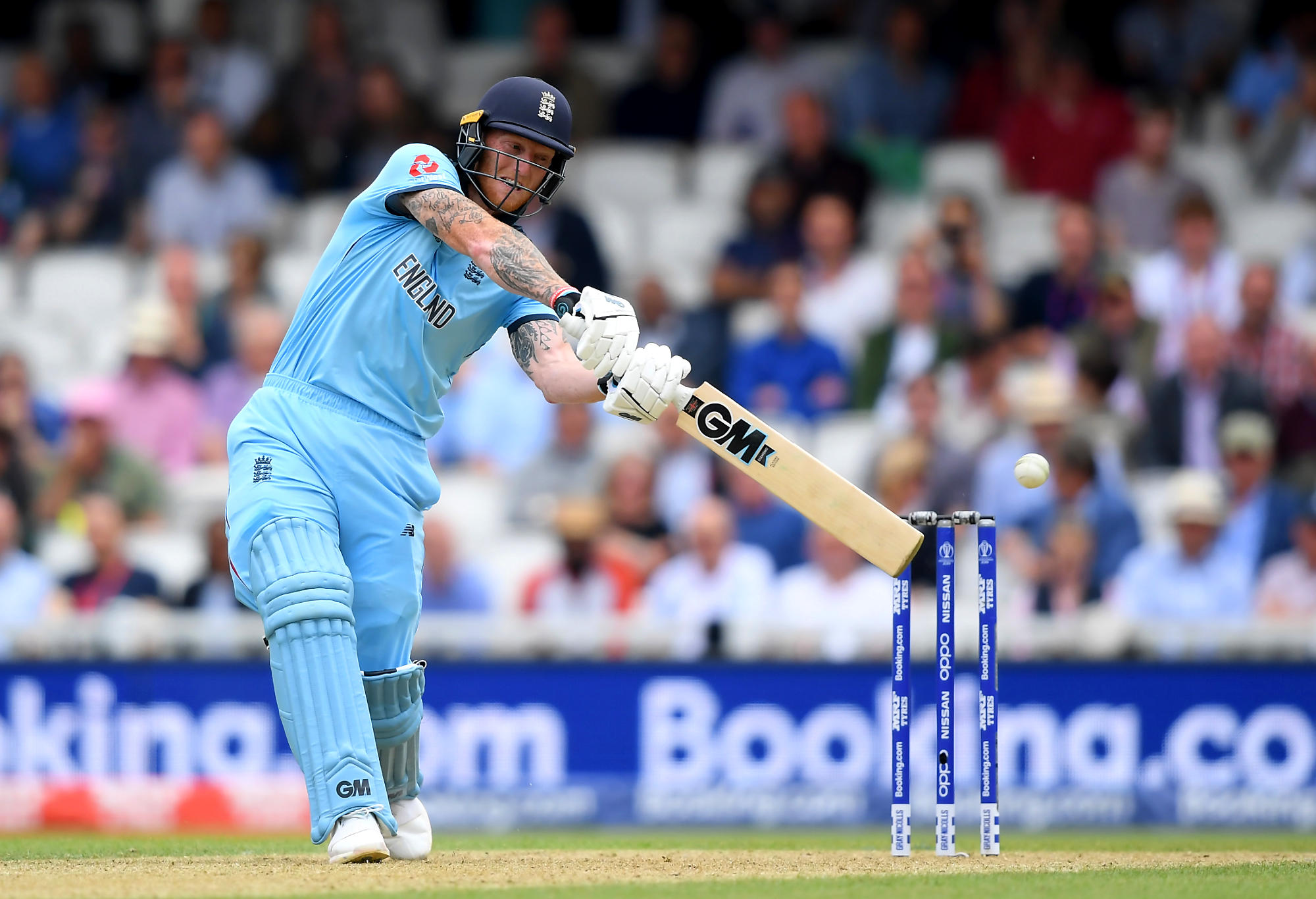Ben Stokes suddenly making himself available for the World Cup raises several questions – if he was so adamant about retirement why did he un-retire himself?
Was there pressure from the board and the captain? If that was the case why retire when you know they need you?
Was it a selfish decision or a smart decision for himself considering his body and his fitness so he could prolong his Test career?
Last year when he announced his retirement from the ODI format which he had dominated it came at a time when England’s white ball teams were going through a transition with Eoin Morgan’s retirement and Jos Buttler taking the captaincy in ODI as well as T20Is.
You could sense that it was something unexpected and England really weren’t ready for it.
Manage, strategise & dominate. Download Wicket Cricket Manager today!
England director of cricket Rob Key and Buttler had chats with Stokes to take the retirement back so he could be available for the World Cup in India which gets under way in October, but Stokes was adamant that he would not back down.
In cricket whenever a cricketer announces his retirement it’s meant to be emotional as well for their fans, their families and the team.
It also creates chances for the younger players to show their potential and take their place. But the problem here arises when that particular player comes back.
England chose to go back to Moeen Ali for the Ashes when Jack Leach was injured, which was unfair to younger spinners who thought their chance had arrived.
When AB de Villiers requested to captain Faf du Plessis and the Cricket South Africa board to come out of retirement for the 2019 World Cup, the directors declined his offer since they were developing players and to remove one them and put De Villiers in would just be unfair to them.
In Stokes’ case, Harry Brook has had to sacrifice his place.

Ben Stokes (Photo by Alex Davidson/Getty Images)
Brook has missed the World Cup squad because Stokes is going to play as a specialist middle-order batter – very frustrating for young Harry.
Pakistani legend Shahid Afridi is another player who was well known for retiring then coming back – he did it five times in the final 11 years of his career.
Bangladesh’s Tamim Iqbal retired from international cricket for nearly 48 hours before their cricket board chairman Nazmul Hassan and Prime Minister Sheikh Hasina talked him around.
Players can always take a break from a format and inform the selectors about their plans. Doing a U-turn on a retirement isn’t fair for the team which is trying to look to the future and the young players who get sidelined, particularly when there’s a huge event coming up like the World Cup.
>Cricket News

%20(3).jpeg)



0 Comments